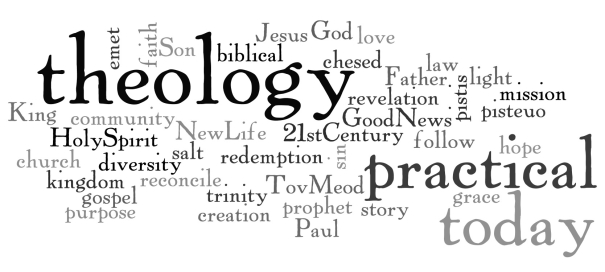As I write this, gas prices in my area have reached $4.79 per gallon ($1.27/liter). That means the cost to fill the 20+ gallon tank in my vehicle approaches $100. Ouch! In the United States, we have experienced gasoline price increases of about 50%. Ouch indeed!!
As hard as it is to fill my gas tank and watch the numbers mount, it pales compared to the many farmers in our region that not only are experiencing a 50% increase in fuel costs but were unable to get their crops planted in a timely manner this year because of poor weather conditions. Crop planting was delayed to the point in which farmers were forced to set aside the seed dedicated to this year’s seeding to purchase new, faster maturing, lower-yielding hybrids (if available) at exorbitant prices.
But that pales in comparison with the devastation entire communities experienced when recent tornados ripped through their towns and cities. And that pales with the devastation caused by mass-shooting gunmen in the United States communities like Buffalo, NY, Uvalde, TX, and Tulsa, OK.
And then there are places in our world like Ukraine in which life has been (and continues to be) disrupted at the pleasure of a tyrannical dictator/president of neighboring Russia. Death and destruction because Putin and his oligarchs decreed it to be so.

As I’ve continued to read the story of Israel’s demise at the hands of tyrannical kingdoms and their leaders, I am realizing that $4.79/gallon isn’t such a big deal in the grand scheme of world history. From what I can gather from reading the history of the times, the barbarism that Babylonian King Nebuchadnezzar displayed would make the war on Ukraine seem a bit tame. Building siege works around cities was standard procedure for the Babylon armies, leading to the natives turning on each other for survival, even reverting to cannibalism. (The TV Mini-Series, The Bible, gave us a slight understanding of period barbarism when Nebuchadnezzar had King Zedekiah’s eyes gouged out!)
This barbaric treatment of his people is what Jeremiah witnessed during his life as a prophet. As a spokesman for God, he tried to warn the people again and again. And they ignored him again and again. So he lamented and wept! (See Persistence and Same Old, Same Old).
Jeremiah’s laments have been recorded in the Hebrew scriptures, known as (appropriately named) Lamentations in the Old Testament of our Bible. The book is a mix of lament for the people and for himself, given the life-long contempt he suffered as God’s spokesperson. An example: I became the laughingstock of all my people; they mock me in song all day long… I have been deprived of peace; I have forgotten what prosperity is. So I say, “My splendor is gone and all that I had hoped from the Lord.” (Lamentations 3:14-18)
Jeremiah didn’t have a lot for which he could be hopeful. Nor did the people. The Hebrew scriptures are laced with songs of lament. The Psalms are especially replete with lament, both individual and communal. Depending on who’s doing the counting, upwards of one-third of the Pslams contain significant levels of lament. Jeremiah’s lament was not uncommon.
And yet in the middle of his lengthy lament, Jeremiah was able to say, “Yet this I call to mind and therefore I have hope:
22 Because of the Lord’s great love [hesed] we are not consumed,
for his compassions never fail.
23 They are new every morning;
great is your faithfulness.
24 I say to myself, “The Lord is my portion;
therefore I will wait for him.” 25 The Lord is good to those whose hope is in him,
to the one who seeks him;
26 it is good to wait [hope] quietly
for the salvation of the Lord.” (Jeremiah 3:21-26)
Regardless of circumstances, God was the source of rescue and hope for faithful people like Jeremiah. They understood the covenant relationship between Yahweh and his people. They understood their role in his new creation project. They understood that he chose them to be a blessing to the nations. They understood and had hope.
And they understood loyalty as central to their covenant relationship with God. God initiated the covenant (see Smoking Pot in the Old Testament) and was thus the prime loyalist. We see it throughout the Hebrew scripture as love and faithfulness, usually linked together (some translations use “mercy and faithfulness” or “steadfast love and faithfulness”). The Hebrew words are hesed and emet – words rich with the loyalty implications associated with God’s character (see Hesed and Emet).
Faith and loyalty are tightly linked. When God asks us to be faithful he is primarily asking for our loyalty. Loyalty does not require perfection. Loyalty requires, quite simply, loyalty! Thus the Shema: The Lord is our God, the Lord is one [the only God]! 5 You shall love the Lord your God with all your heart and mind and with all your soul and with all your strength [your entire being]… (Deuteronomy 6:4-9, AMP). Loyalty!
Those who are faithful – loyal to God – can be hopeful. I suspect those whose loyalty wanders, lose hope.
